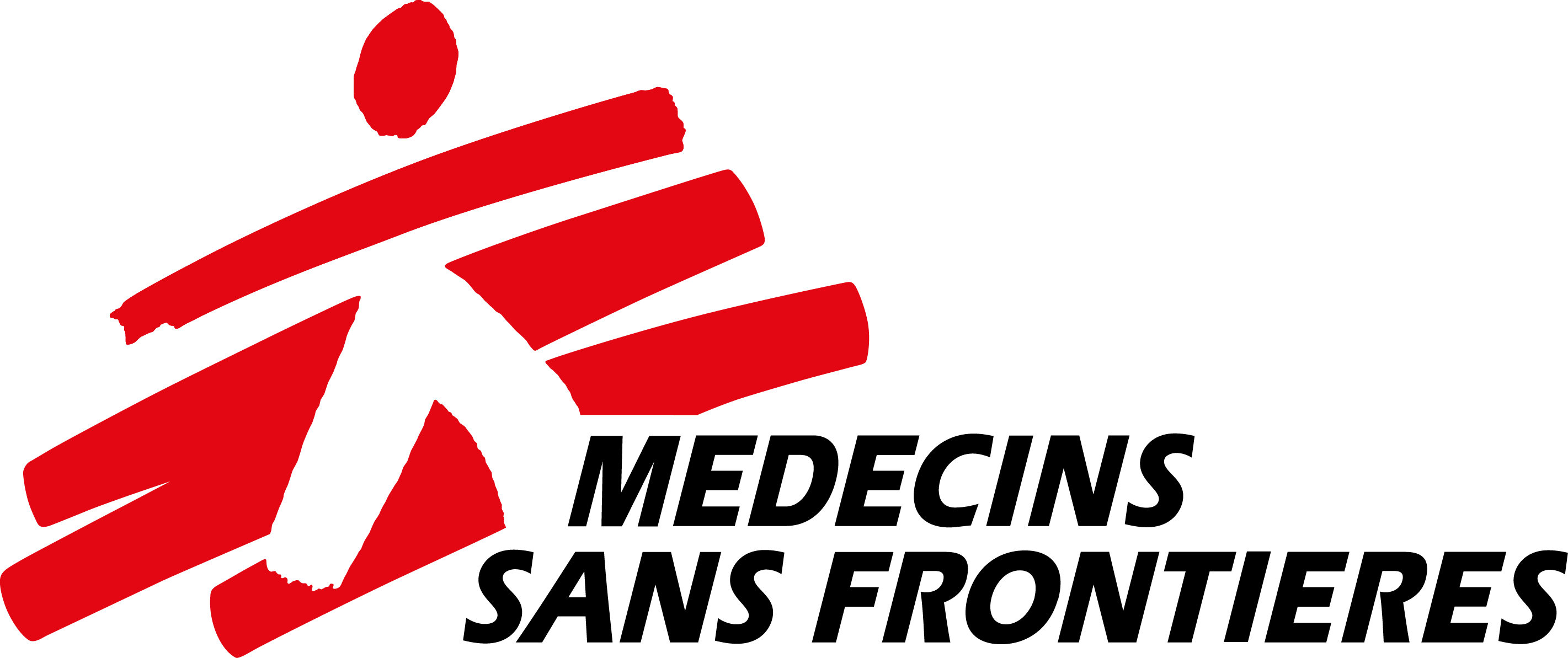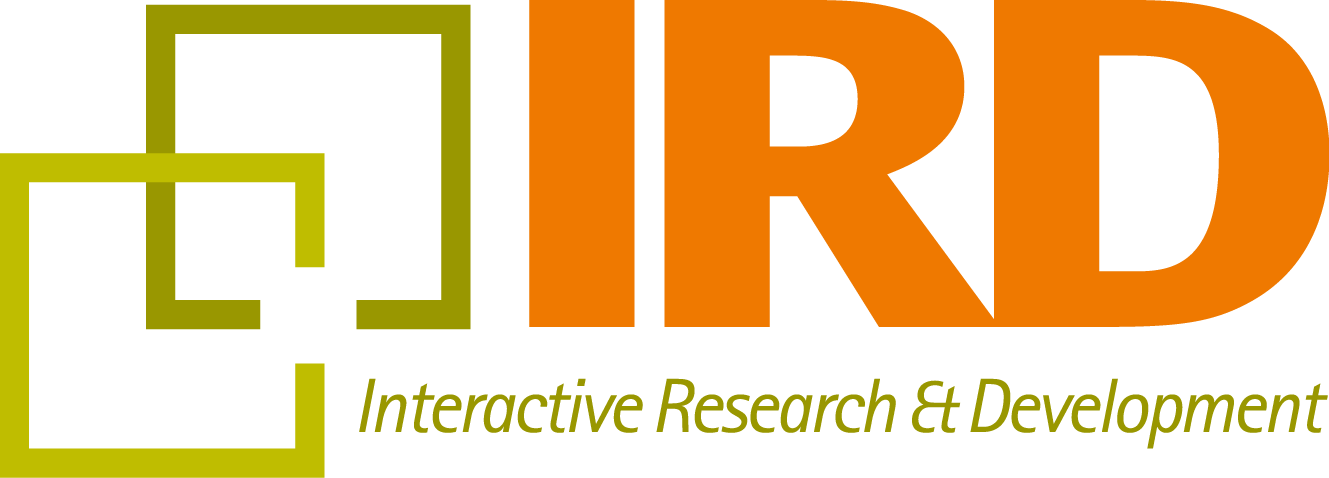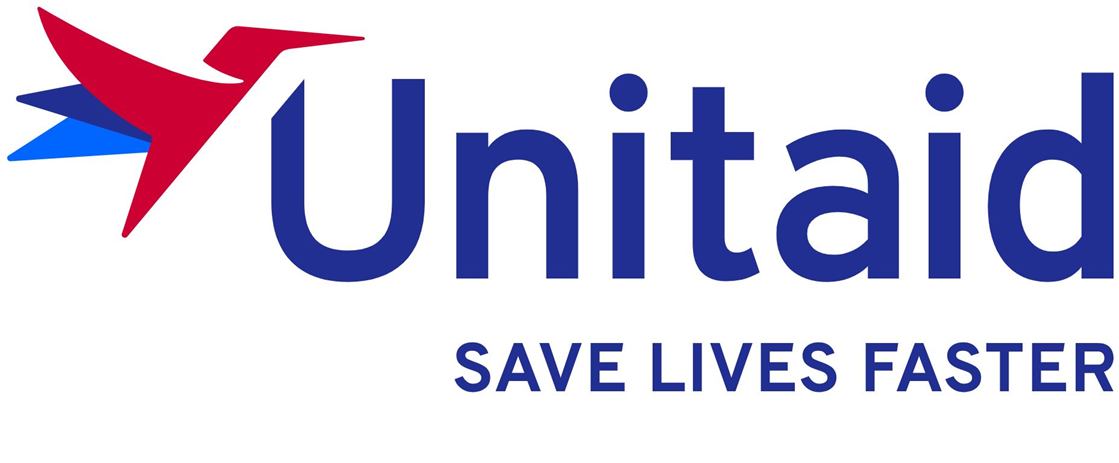Paris/Boston, 24 March 2023 – This World Tuberculosis (TB) Day, the endTB-Q clinical trial marks a critical milestone as the final patient enrolls in the study. This first-of-its-kind clinical trial seeks to radically improve treatment for a strain of TB that is resistant to the most important standard medications, known as pre-extensively resistant (pre-XDR) TB.
By reaching full patient enrollment, the endTB consortium – made up of scientists and clinicians led by Médecins Sans Frontières/Doctors Without Borders (MSF), Partners In Health (PIH) and Interactive Research and Development (IRD), with funding from global health agency Unitaid, MSF and PIH – is making significant advancements on the use of shorter and less toxic drug regimens.
endTB-Q is a phase III, randomised, controlled and open-label clinical trial that began in 2020. More than 300 patients from six countries – India, Kazakhstan, Lesotho, Pakistan, Peru and Vietnam – have now enrolled in the trial. It assesses the safety and efficacy of a combination of newly approved TB drugs (bedaquiline and delamanid) with drugs previously used for other diseases (clofazimine and linezolid) for the treatment of pre-XDR TB.
Pre-XDR-TB is a particularly dangerous form of TB because it is resistant to the most effective first-line drug as well as to fluoroquinolones, historically the most effective second-line drugs for treating multidrug-resistant TB (MDR-TB). TB is fatal in nearly all patients if left untreated. Pre-XDR-TB is especially deadly because it often goes undiagnosed, is particularly complicated to treat and is neglected in research. The evidence generated from endTB-Q will advance the treatment of people who are particularly vulnerable to TB, such as those with comorbidities like diabetes and with substance use disorders, and for population groups who are not covered by recent advances in treatment, including children and pregnant and breastfeeding women.
“The aim of endTB-Q is to ensure that patients with fluoroquinolone-resistant MDR-TB or rifampicin-resistant TB (RR-TB) are treated according to the same high-quality standards of care required for the recommended treatment of other diseases,” says Dr Lorenzo Guglielmetti, endTB project leader for MSF and co-principal investigator of the trial. “ Information on this treatment provided by the trial will be able to be replicated globally, since patients were included across different countries and continents, and included adolescents and patients with comorbidities.”
The conventional treatment for pre-XDR TB can be particularly difficult for patients. It requires treatment lasting 18 months or more and a combination of drugs that cause serious side effects, leading to a high failure rate when people cannot tolerate or adhere to treatment. The endTB-Q regimen would be revolutionary for pre-XDR TB patients: it is all-oral, simpler, less toxic and shorter. The experimental regimen lasts only six or nine months. The endTB-Q personalized medicine approach assigns treatment duration based on the characteristics and treatment response of each participant.
The trial has already deeply impacted the patients who are currently enrolled. Shandra [not her real name], a patient from the endTB clinic in Aundh chest hospital in Pune, India, who was enrolled in the first years of the endTB-Q trial, says: “Before the endTB clinic opened, my treatment was failing. I was suffering from MDR-TB, I was desperate and losing hope. When I enrolled in the trial, it gave me hope for a healthy life. I was able to beat the disease and regain my health. Without the endTB-Q study and staff, I don't know where I would be today.”
“This is a big year for the endTB project,” says Dr Philippe Duneton, executive director of Unitaid. “Completing enrollment in this difficult-to-recruit-for, highest standard endTB-Q trial is a great achievement. And later this year, endTB is set to unveil a gold mine of critical evidence on new drug-resistant TB regimens and drugs across a range of patient groups. We are excited to see the fruits of many years of hard work from Unitaid’s largest TB investment to date.”
endTB-Q is part of the larger endTB project, which was launched to revolutionize treatment for MDR-TB patients. Approximately 2,800 patients from 17 countries were enrolled in an observational study that produced strong evidence of the effectiveness of new drugs – used in three World Health Organization guildeline revisions – and further supports a rapid increase in access to these drugs. More than 750 patients have been included in the endTB trial, testing a nine-month regimen for MDR/RR-TB which is susceptible to fluoroquinolones.
The endTB trials complement the TB-PRACTECAL clinical trial, also sponsored by MSF, which successfully identified an all-oral shorter regimen containing another newer drug called pretomanid, also for treatment of MDR/RR-TB. Ultimately, these trials address the critical need for increased treatment options – and increased access – for the approximately 500,000 people who fall sick each year with MDR-TB.




